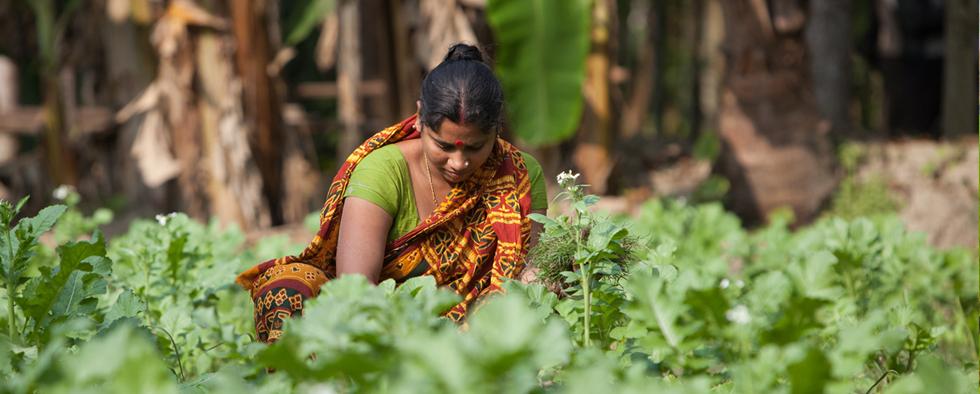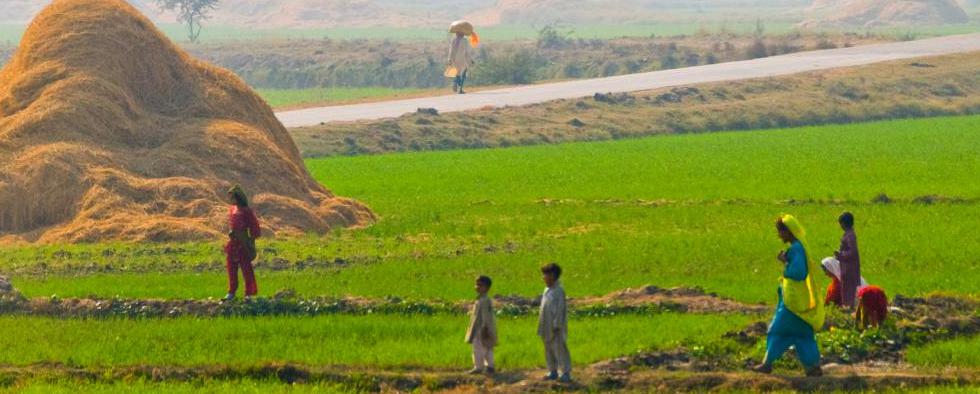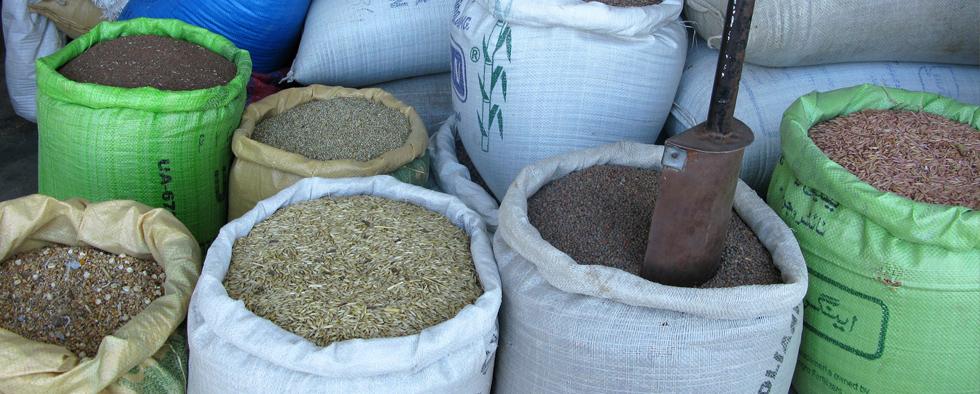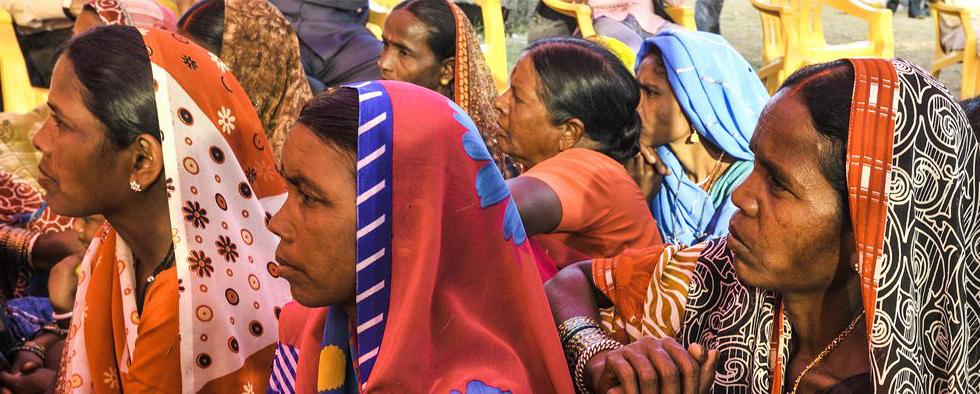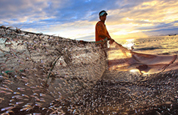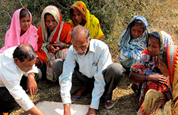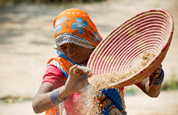LANSA is an international research partnership. We are finding out how agriculture and agri-food systems can be better designed to advance nutrition. We are focused on policies, interventions and strategies that can improve the nutritional status of children in South Asia.
What we do
LANSA News
LANSA work shared at International conference on ‘Women’s Work in Rural Economies’ in Kerala
The Foundation for Agrarian Studies organised an International Conference on ‘Women’s Work in Rural Economies’ between November 30 and December 2, 2018, in Vayalar, Kerala. Nitya Rao, Gender lead, LANSA shared research on Gendered Time, Seasonality and Nutrition: Insights from Two Indian Districts in the session on ‘Women’s work in agriculture’ .
LANSA research presented at IITB-APAARI-NABARD Workshop, IIT Bombay
Workshop on Agriculture & the Imperatives of Food & Nutrition Security jointly organised by IITB, APAARI and NABARD was held at IIT Bombay on December 6, 2018. Dr. R.V. Bhavani, Programme Manager, LANSA shared research findings in the session titled ‘Crop Diversity and Nutrition Initiatives at MSSRF, India’.
LANSA symposium at NSI dedicated to Dr. Prakash Shetty, CEO-LANSA
At the Golden Jubilee Conference of Nutrition Society of India held in Hyderabad from November 15-17, LANSA dedicated the ‘Leveraging Agriculture for Nutrition’ symposium to the memory of Dr. Prakash Shetty , CEO-LANSA. The symposium was chaired by Dr. Madhura Swaminathan , Chairperson, MSSRF and Chair, LANSA Consortium Steering Group.
Dr. Brinda Viswanathan, Professor, Madras School of Economics and LANSA researcher shared research findings on Enabling Environment for Agriculture-Nutrition Linkage in India. LANSA Research Lead and Professor of Food, Agriculture & Health, SOAS, London, Dr. Bhavani Shankar showcased LANSA studies on How do policies and strategies influence the nutrition impacts of agriculture. Professor of International Development Policy, SOAS, London & LANSA Research Lead, Dr. Nigel Poole shared Leveraging Value Chains for Better Nutrition Insights from LANSA work in South Asia, while Dr. R V Bhavani , MSSRF and Project Manager, LANSA, shared insights on Nutrition Sensitive Agriculture research in India.
Research under LANSA was also shared with wide audiences via two poster presentations - Farming System for Nutrition and Addressing Household Micronutrient Intake through Nutrition Garden Intervention in rural India. LANSA stall at the NSI Exhibition displayed communication material and research products for conference participants. LANSA films and farmer-interviews were screened at the stall as well. Watch full LANSA symposium here https://www.youtube.com/watch?v=7Y7TYATcFMg
LANSA work shared at Roundtable on Policy, Politics and Impact, Bangkok
UN Women and Leveraging Agriculture for Nutrition in South Asia (LANSA) jointly hosted ‘Recognising the Rights of Women Agricultural Workers in South Asia: Roundtable on Policy, Politics and Impact’ in Bangkok on October 25, 2018. Nitya Rao , Gender lead, and Haris Gazdar Pakistan Lead shared Women’s Work in Agriculture and Nutrition : Insights from LANSA in South Asia.

